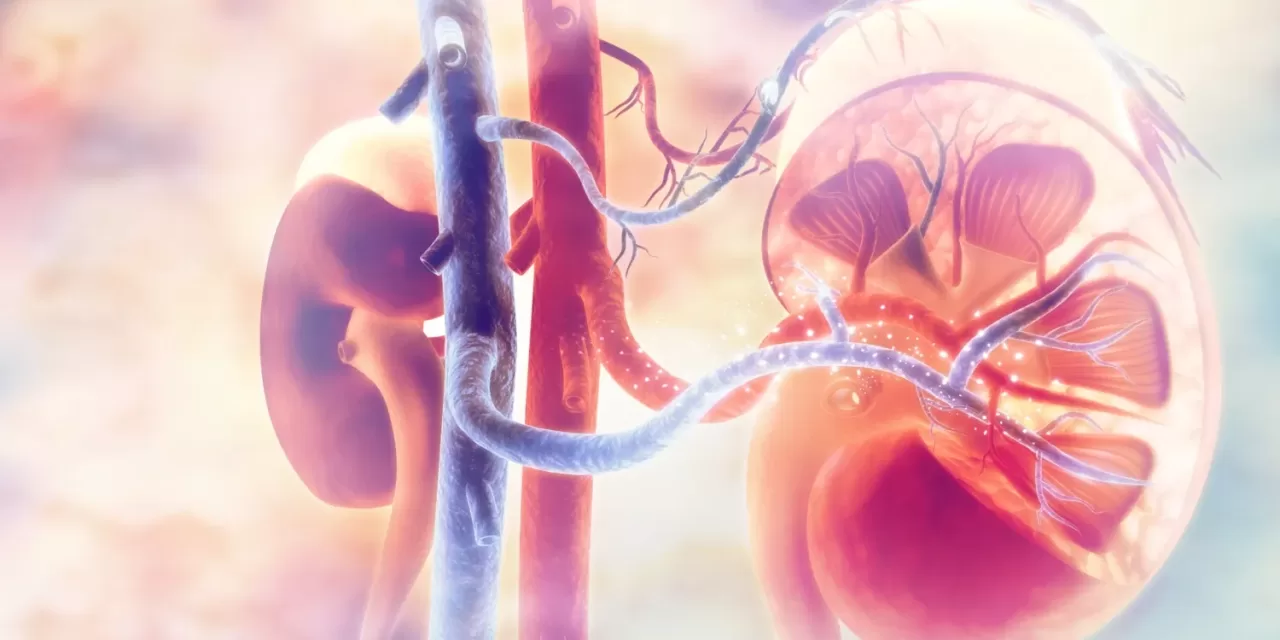Boston, February 2025 — Researchers at Dana-Farber Cancer Institute have unveiled promising results from a clinical trial investigating a personalized cancer vaccine for patients with stage III and IV clear cell renal cell carcinoma (a common form of kidney cancer). All nine patients treated in the trial generated a successful immune response after receiving the vaccine, with all remaining cancer-free at the median follow-up time of 34.7 months. The results were published in Nature.
The vaccine was administered after surgery to remove the tumor, and its purpose is to train the immune system to recognize and eliminate any remaining cancer cells. This approach represents a significant step forward in kidney cancer treatment, as traditional therapies often face challenges in preventing recurrence.
“We’re very excited about these results, which show such a positive response in all nine patients with kidney cancer,” said Dr. Toni Choueiri, co-senior author of the study and Director of the Lank Center for Genitourinary Cancer at Dana-Farber.
The study is a collaboration between Dana-Farber, the Broad Institute of MIT and Harvard, and the Lank Center for Genitourinary Cancer. Dr. Catherine Wu, co-senior author and Chief of the Division of Stem Cell Transplantation and Cellular Therapies at Dana-Farber, played a pivotal role in the development of the NeoVax vaccine technology.
The Phase I trial, conducted on patients with high-risk stage III or IV kidney cancer, builds on prior success in other cancers such as melanoma, which has a higher mutation burden. Kidney cancer, however, presents fewer mutation targets for vaccine development. By targeting unique neoantigens—molecular features of the cancer’s mutated proteins—the personalized vaccines successfully trained patients’ immune systems to target their specific cancer cells.
In the study, five of the nine patients also received ipilimumab, a checkpoint inhibitor, alongside the vaccine. While some patients experienced mild local reactions and flu-like symptoms, no serious side effects were observed. The study’s lead investigator, Dr. David Braun, emphasized the importance of this tailored approach, stating, “We pick targets that are unique to the cancer and different from any normal part of the body, so the immune system can be effectively ‘steered’ towards the cancer.”
Although the results are encouraging, larger-scale clinical trials are needed to fully understand the vaccine’s long-term effectiveness. A multicenter international study is underway, combining this neoantigen vaccine with pembrolizumab, a widely-used immunotherapy drug, to explore its broader potential.
The researchers remain optimistic that these findings could pave the way for a new treatment paradigm for kidney cancer patients, offering a more targeted, personalized approach to combat recurrence.
Disclaimer: This article presents preliminary data from a Phase I clinical trial. The findings require further investigation through larger studies to validate their effectiveness and broader clinical applicability.











